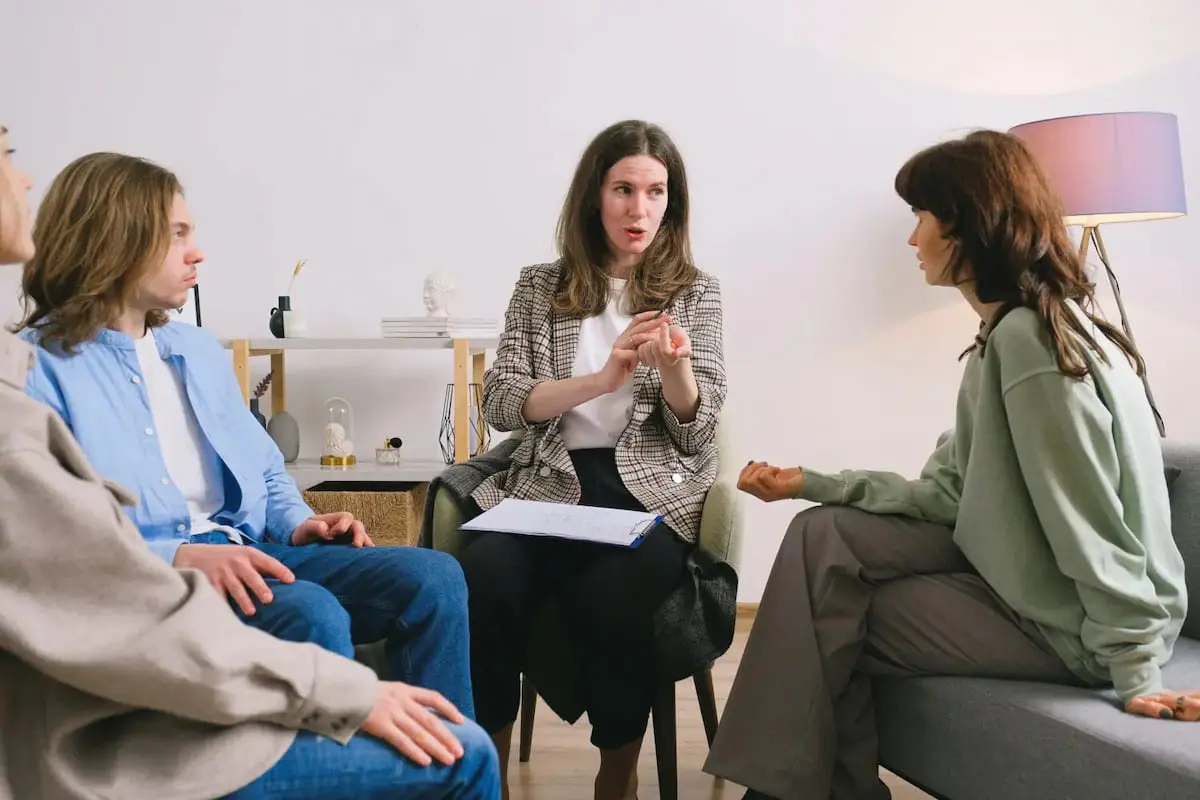24/7 Helpline:
(866) 899-111424/7 Helpline:
(866) 899-1114
Other Insurance Options

UMR

Molina Healthcare

Aetna

BlueCross

GEHA

BlueShield

ComPsych

Kaiser Permanente

Optima
Beacon

CareSource

Ceridian

WellCare Health Plans

Sliding scale payment assistance

AllWell

Optum

Group Health Incorporated

Choice Care Network

Medical Mutual of Ohio

Excellus

Penfield Addiction Ministries – Union Point Campus
The Penfield Addiction Ministries Union Point, Georgia campus is a faith based drug and alcohol addi...


QCI of Southern Maryland
QCI of Southern Maryland is a private rehab located in White Plains, Maryland. QCI of Southern Maryl...

Halfway Houses of Westchester – Hawthorne House
Halfway Houses of Westchester – Hawthorne House is a private rehab located in White Plains, New York...

Rockland Psychiatric Center
Rockland Psychiatric Center is a public rehab located in White Plains, New York. Rockland Psychiatri...

Innovative Health Systems – Outpatient
Innovative Health Systems – Outpatient is a private rehab located in White Plains, New York. Innovat...

St. Christopher’s Inn – Brothers Christopher House
St. Christopher's Inn - Brothers Christopher House is a transitional house for men recovering from a...

Alcohol Abuse Advisory and Consultation Center
Alcohol Abuse Advisory and Consultation Center is a private rehab located in White Plains, New York....

Westchester Community Opportunity Program – Addiction Recovery
Westchester Community Opportunity Program – Addiction Recovery is a private rehab located in White P...

AA – Alcoholics Anonymous – Action Center
AA – Alcoholics Anonymous – Action Center is a non-profit rehab located in White Plains, New York. A...

NCADD Westchester – National Council on Alcoholism and Drug Dependence
NCADD Westchester – National Council on Alcoholism and Drug Dependence is a private rehab located in...

Mental Health Association of Westchester County
Mental Health Association of Westchester County is a private rehab located in White Plains, New York...

Family Services – Alcohol and Drug Counseling – White Plains
Family Services – Alcohol and Drug Counseling – White Plains is a private rehab located in White Pla...

Saint Johns Riverside Hospital – Outpatient
Saint Johns Riverside Hospital – Outpatient is a private rehab located in White Plains, New York. Sa...

















































